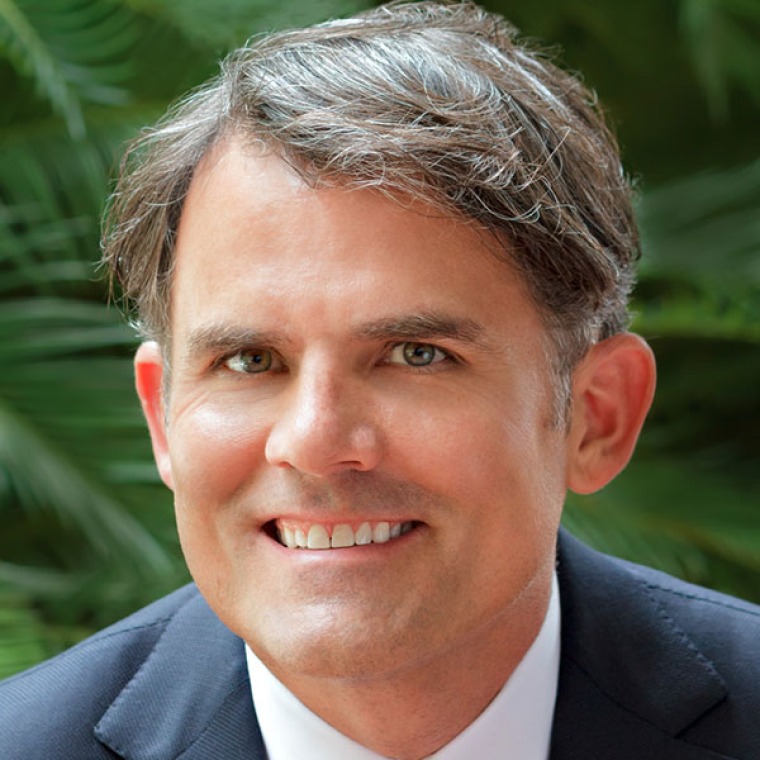There’s been a number of headlines lately (see, e.g., here and here) about the $398 million “retirement packageâ€? Exxon awarded to Lee Raymond, its former Chairman and CEO. A quick review of the underlying proxy statement, however, reveals that the headlines are materially misleading, if not dead wrong. The $398 million number comes from an unsophisticated summation of ’05 and other compensation components listed in the proxy statement, many of which were awarded in prior years, had nothing to do with Raymond’s retirement, or both. Here is where the number came from:
2005 salary $4,000,000
2005 bonus 4,900,500
2005 Restricted stock awards 32,087,000
2005 Incentive plan payout 7,484,508
Other 2005 compensation 450,800
Value of previously granted restricted stock 151,027,200
Dividends paid on restricted stock in 2005 3,089,400
Value realized on ’05 option exercises 21,212,022
Value of unexercised options 69,630,280
Future payouts under incentive plan 4,900,500
Lump sum pension payout 98,437,831
Post-retirement consulting 1,000,000
TOTAL $398,220,041
Obviously, only the last two items had anything to do with Raymond’s retirement. And it is only the $1 million consulting fee that was awarded by the board this year in connection with his retirement. The $98.4 million lump sum payment was made pursuant to Exxon’s existing pension plan and reflected the fact that Raymond put in 43 years of service at Exxon and retired with a “covered compensation� of $11,895,175. Note also that vesting on Raymond’s restricted stock (the $32 million and $151 million numbers) was not accelerated as a result of his retirement.
Any way you look at it, Raymond was extremely well compensated by Exxon. But asserting that he was awarded a $398 million retirement package is just plain wrong, especially if others will use it as support for a windfall profit tax on Exxon. It makes for an attention getting headline though.




